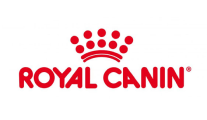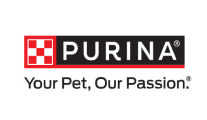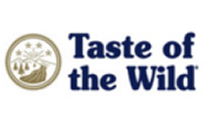- Hill's Prescription Diet d/d Food Sensitivities Potato & Venison Formula Dry Dog Food is specially formulated by Hill’s nutritionists and veterinarians to support your dog’s food sensitivities
- Formulated to help avoid reactions to food
- Limited ingredient nutrition with single animal protein
- Free from soy protein
- Helps maintain a healthy skin barrier
Hill's Prescription Diet d/d Food Sensitivities Potato & Venison Flavor Dry Dog Food
Prescription required.
Learn more
Save $9 by joining PetPlus
Prescription required.
Learn more
Save $9 by joining PetPlus

- Hill's Prescription Diet d/d Food Sensitivities Potato & Venison Formula Dry Dog Food is specially formulated by Hill’s nutritionists and veterinarians to support your dog’s food sensitivities
- Formulated to help avoid reactions to food
- Limited ingredient nutrition with single animal protein
- Free from soy protein
- Helps maintain a healthy skin barrier












































